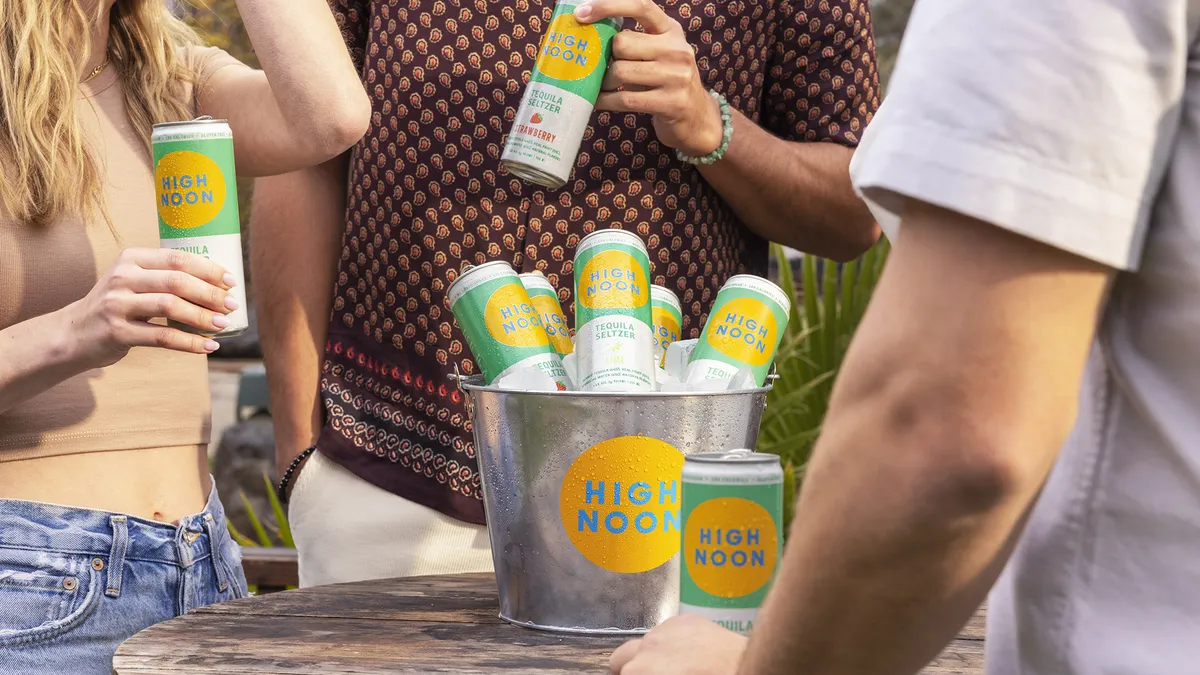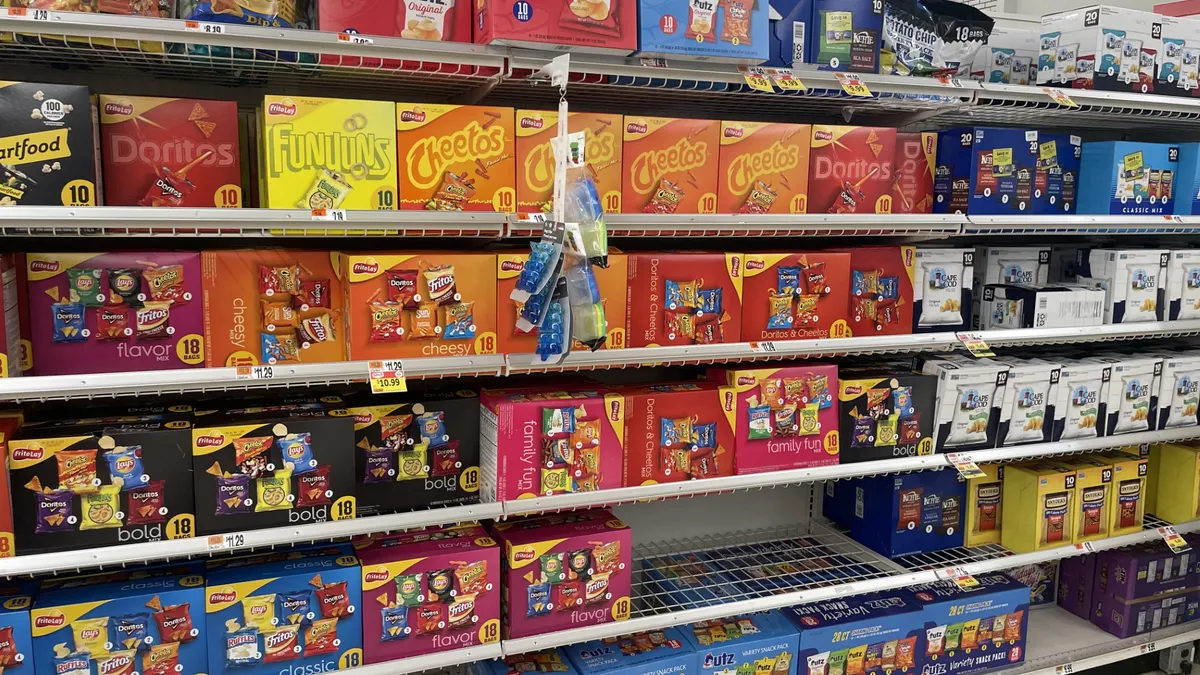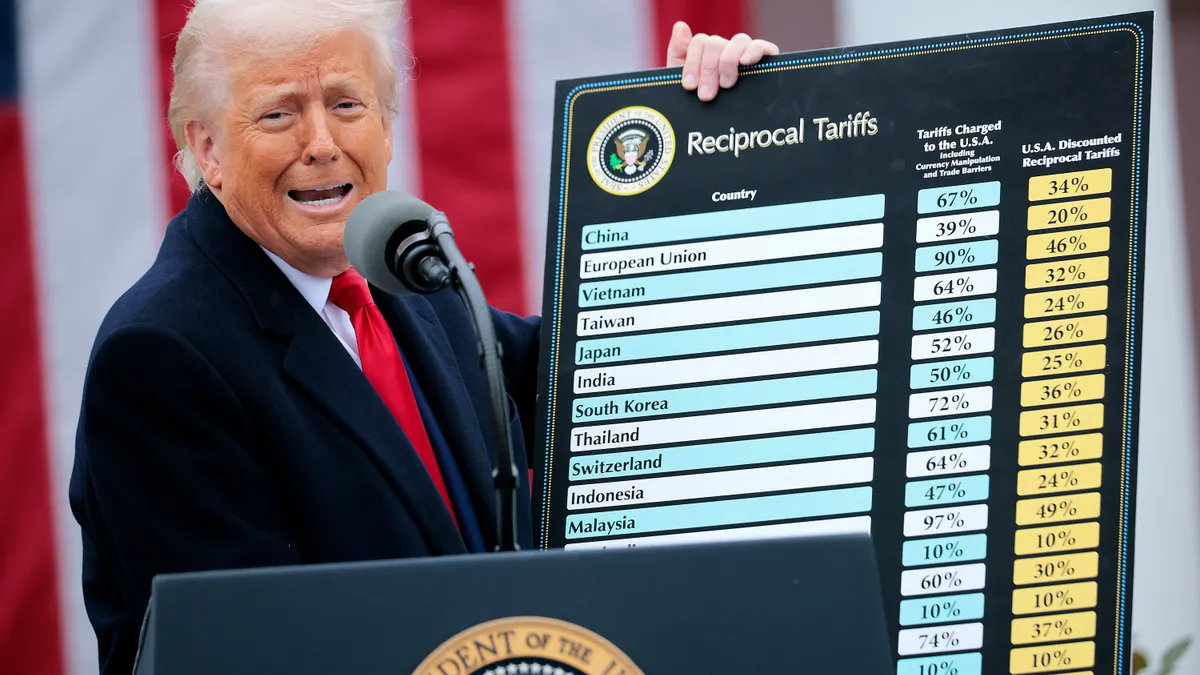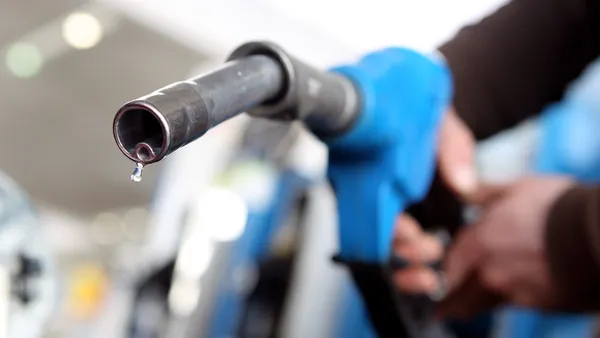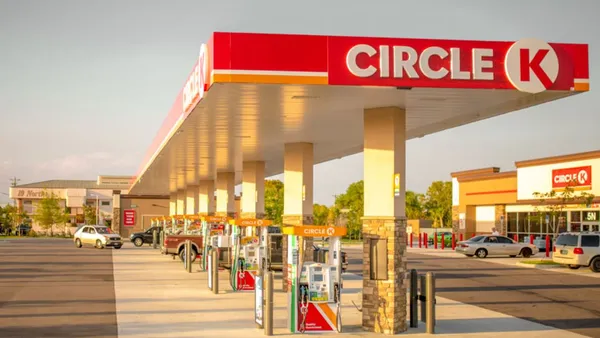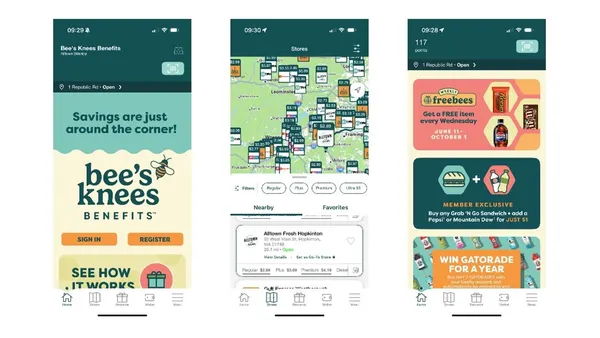The ascent of hard seltzer upended the alcohol industry in the late 2010s, with brands such as White Claw and Boston Beer’s Truly skyrocketing to success with their 12-ounce cans of bubbly booze.
Since then, the canned cocktail category that hard seltzer jumpstarted has exploded into a much larger ecosystem — from hard tea to whiskey and vodka drinks made with Coca-Cola’s sodas — and producers are making a bet that ready-to-drink is not just a passing fad.
Spiros Malandrakis, head alcohol industry researcher at Euromonitor International, sees the ready-to-drink canned cocktail category as part of a longer lineage with past alcohol fads like wine coolers in the 1990’s. He believes the beverages will continue to morph as trends evolve, appealing to consumers who previously would have consumed less expensive beer and wine products at parties.
“The timelines are shorter because everything’s faster than it used to be, and now we’re entering the latest stage which I think is going to last longer, which is spirit-based cocktails,” Malandrakis said. “It’s not the last change because there will be more. That’s the nature of the beast.”
As consumers have grown more acquainted with canned cocktail beverages, the demand for more premium alternatives has grown. The sales of ready-to-drink cocktails made with real spirits like vodka increased 26.8% in 2023, worth $2.8 billion according to data from the Distilled Spirits Council of the United States.
Malandrakis said the growth of canned cocktails comes amid a “great convergence” in the beverage industry — driven by Gen Z purchasing trends — where traditional category lines are blurred, with newly launched beverage products fitting different or overlapping drinking occasions.
Meanwhile, sales of traditional hard seltzer made with less expensive malt alcohol fell after its peak in 2021. This hurt brands like Boston Beer’s Truly, which released tequila soda earlier this year to keep up with the changing trends. White Claw, the best-selling hard seltzer brand, launched its own tequila seltzer this year in unique flavors, such as Mango Tamarind and Lime Prickly Pear.
Matt Hughes, an operating partner at beverage incubator Franchise Equity Partners, said the ready-to-drink category continues to bring on new consumers who are seeking out novel flavor options, particularly with products that feel familiar to them and fill in gaps for them.
While working at Coca-Cola, Hughes worked to bring Topo Chico into the hard seltzer space, which launched in 2021. “A lot of Topo Chico fans were using the product for alcohol occasions, so when Coke brought out the product with Molson Coors, it made sense to people.”
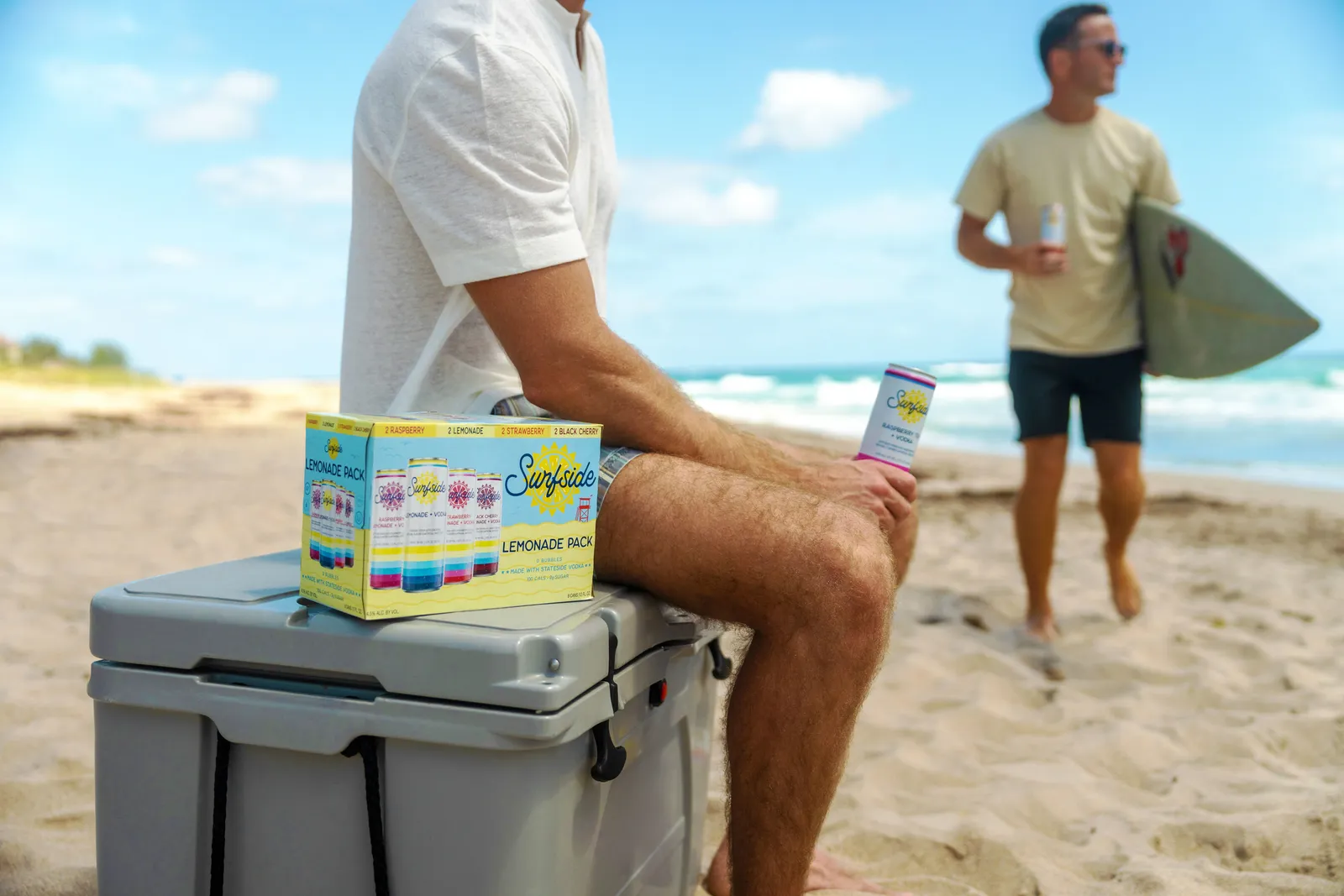
Spirits spark growth
While malt-based hard seltzer is often associated with younger, college-aged drinkers, the category also has attracted older consumers seeking a pre-mixed drink made with real tequila or vodka, reminiscent of a premium cocktail they may find at a bar.
High Noon — which produces hard seltzer made with vodka and tequila along with real fruit juice and no added sugar — has seen significant growth in recent years among consumers looking for an alternative made with real spirits and less additives.
Britt West, executive vice president of High Noon parent company Spirit of Gallo, said the company has seen 57% of its volume growth from consumers switching from beer and other hard seltzer products. But the company aims to stay adaptable. Growth in ready-to-drink hard tea, she said, informed the company’s decision to launch High Noon Vodka Iced Tea this summer.
“The hard seltzer category was created out of changing consumer preferences so it’s no surprise that with growth, the landscape has shifted over the years as more brands enter the category,” West said. “We look forward to continuing to keep a close eye on consumer trends so we can quickly innovate to provide a hard seltzer that meets their needs.”
Coca-Cola’s canned cocktail strategy is indicative of the move toward spirits-based drinks. Last year, it launched Jack Daniel’s Coca-Cola in collaboration with Brown Forman. Earlier this year it debuted a collaborative Sprite and Absolut drink in Europe with Pernod Ricard.
For new brands looking to stand out in ready-to-drink alcohol, Hughes said brands that can tap into the zeitgeist will be able to find niche success, particularly local players who build a larger following. He used the example of Surfside, a vodka-based hard tea and lemonade brand that grew its local presence in the Pennsylvania and New Jersey region before a national launch this summer.
“They got the liquid right. They got the visual identity right,” Hughes said. “They got the brand story down right, and now they’re scaling rapidly across the country.”
But Malandrakis said one downside of the growth in canned cocktails is that the beverages could cannibalize the sales of traditional spirits.
“Previously, many of these products were positioned as beer-adjacent, so there was always a question of whether they are going to hurt beer or add new consumers,” Malandrakis said. “If you have the option to have a pre-mixed vodka cocktail in your hand right now, it is not very likely you will also go buy a vodka bottle.”



